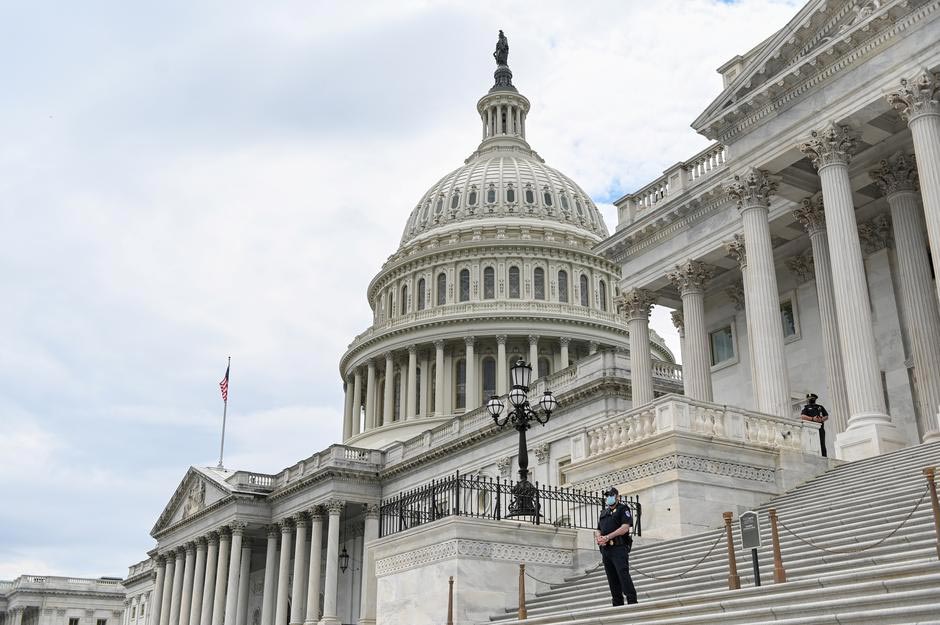Governments think that they have the rights to create rules, to then initiate the rules, in what they think can solve problems.
But not everyone has that same idea, especially when it concerns the internet.
This was shown when a group of seven internet companies are vowing to stand up for the privacy of its users when the United States House of Representatives considers the USA FREEDOM Reauthorization Act of 2020.
The Senate has voted to reauthorize the USA Freedom Act, in order to bring the surveillance bill closer to becoming law. The USA FREEDOM Reauthorization Act is meant to restore the government's powers that expired in March.
Patriot Act was first signed into law after the September 11 attacks. Section 215 of the Patriot Act, was created following leaks from NSA contractor Edward Snowden in 2013.
Among the points, the USA FREEDOM Reauthorization Act would allow law enforcement to collect “tangible things” related to national security investigations without a warrant, requiring only approval from a secret court.
It passed the House of Representatives earlier this 2020, but was then stalled in the Senate during the start of the novel 'COVID-19' coronavirus pandemic.

Senators approved it with 80 votes for and 16 votes against. But the USA FREEDOM Reauthorization Act of 2020 has yet to pass in its entirety, before being approved by the President of the U.S..
Because it's possible at this time that more drastic changes to the bill could proposed, Mozilla, Engine, Reddit, Reform Government Surveillance, Twitter, i2Coalition, and Patreon have asked four U.S. legislators to explicitly prohibit warrantless collection of internet search and browsing history.
In a blog post, Mozilla wrote that:
"We hope legislators will amend the bill to limit government access to internet browsing and search history without a warrant."
In a letter to the four U.S. House of Representatives members, the group said that its members consider privacy and security essential to the economy, businesses, and also to the continued growth of the free and open internet.
"By clearly reaffirming these protections, Congress can help preserve user trust and facilitate the continued use of the internet as a powerful contributing force for our recovery," the group wrote.
The companies said search and browsing history can provide a detailed portrait of peoples' private lives, and it may reveal sensitive information such as medical conditions, religious beliefs, and personal relationships, and as such it should be protected by effective legal safeguards.
"Search and browsing history can provide a detailed portrait of our private lives. It may reveal medical conditions, religious beliefs, and personal relationships, and it should be protected by effective legal safeguards. Some of us do not collect this information; some of us have pressed the courts to adopt a higher standard for this data; all of us believe this information should only be produced with a warrant.
"This provision attracted the support of a Senate supermajority, and consumer groups and businesses across America. It enjoys broad bipartisan support among members of the House of Representatives, and should be included if the House reauthorizes the USA FREEDOM Act," they said.
"Congress should take this opportunity to resolve any potential ambiguity and provide strong legal protections for all search and browsing history."